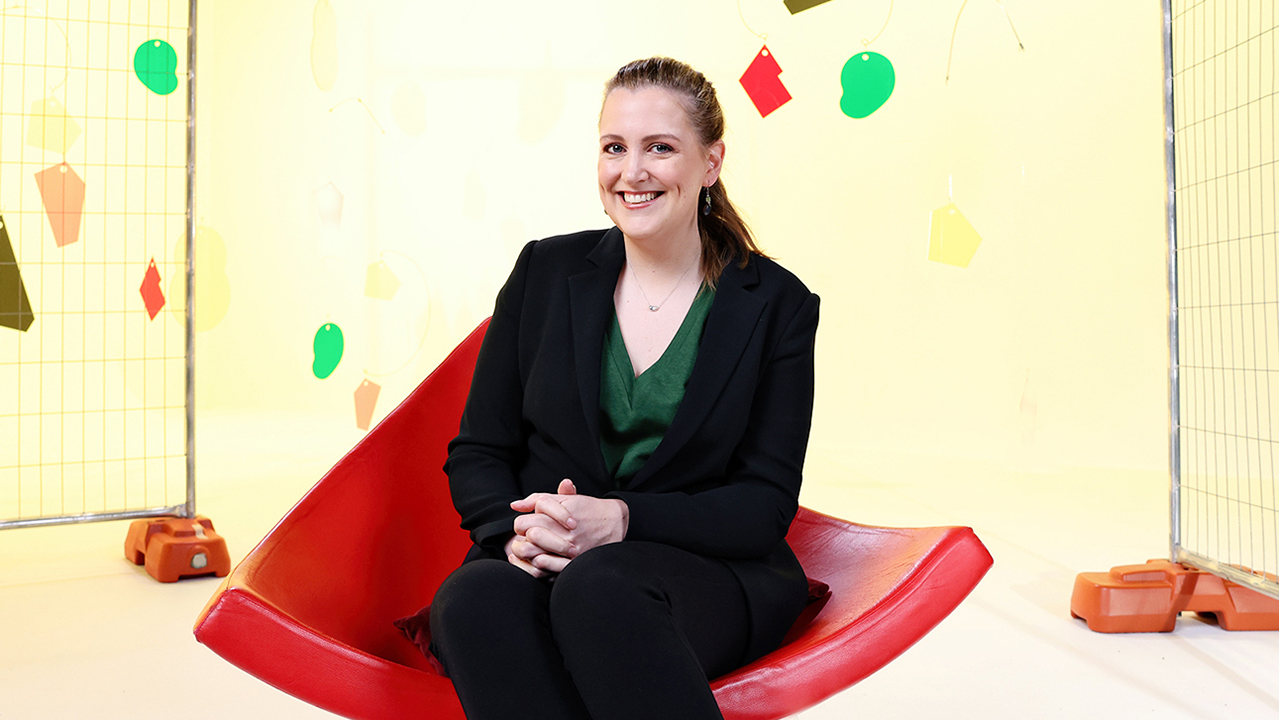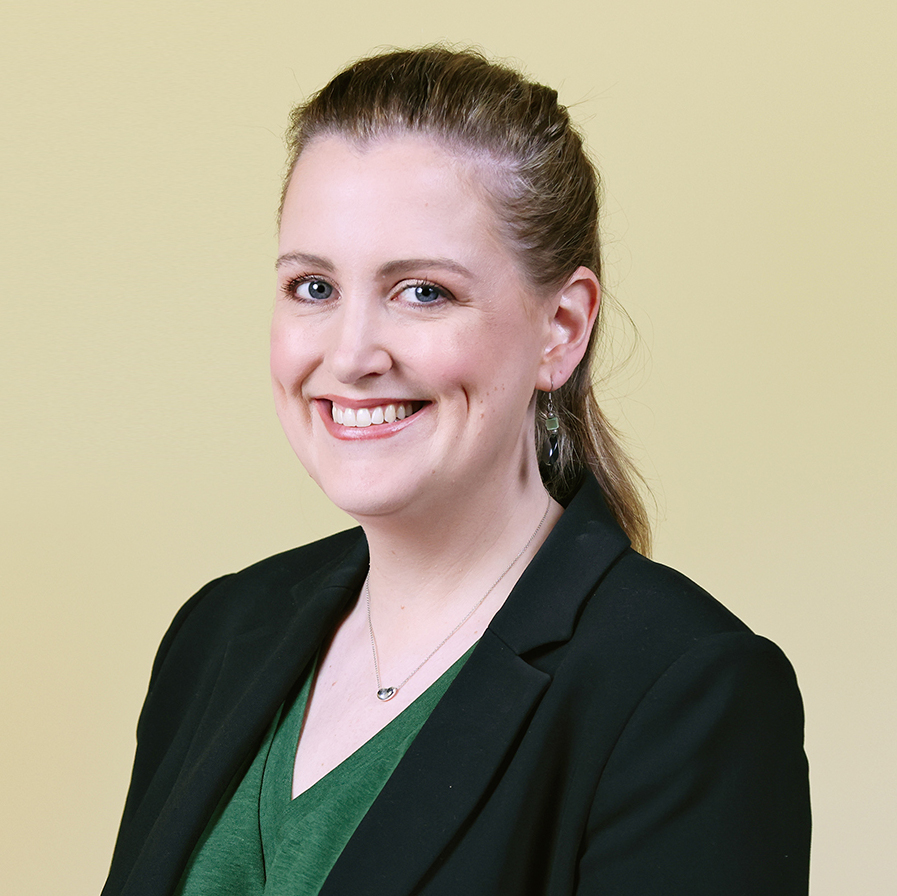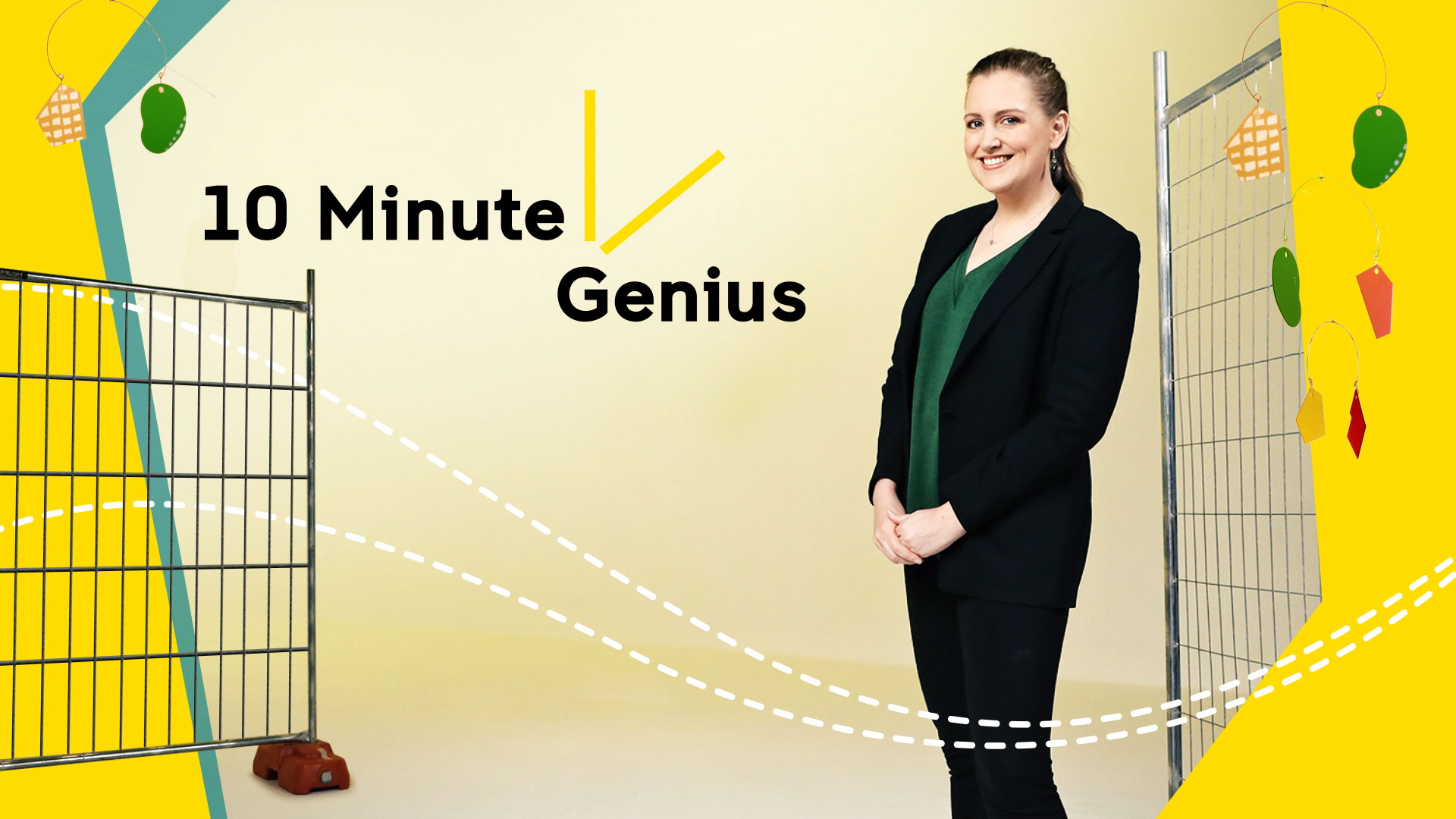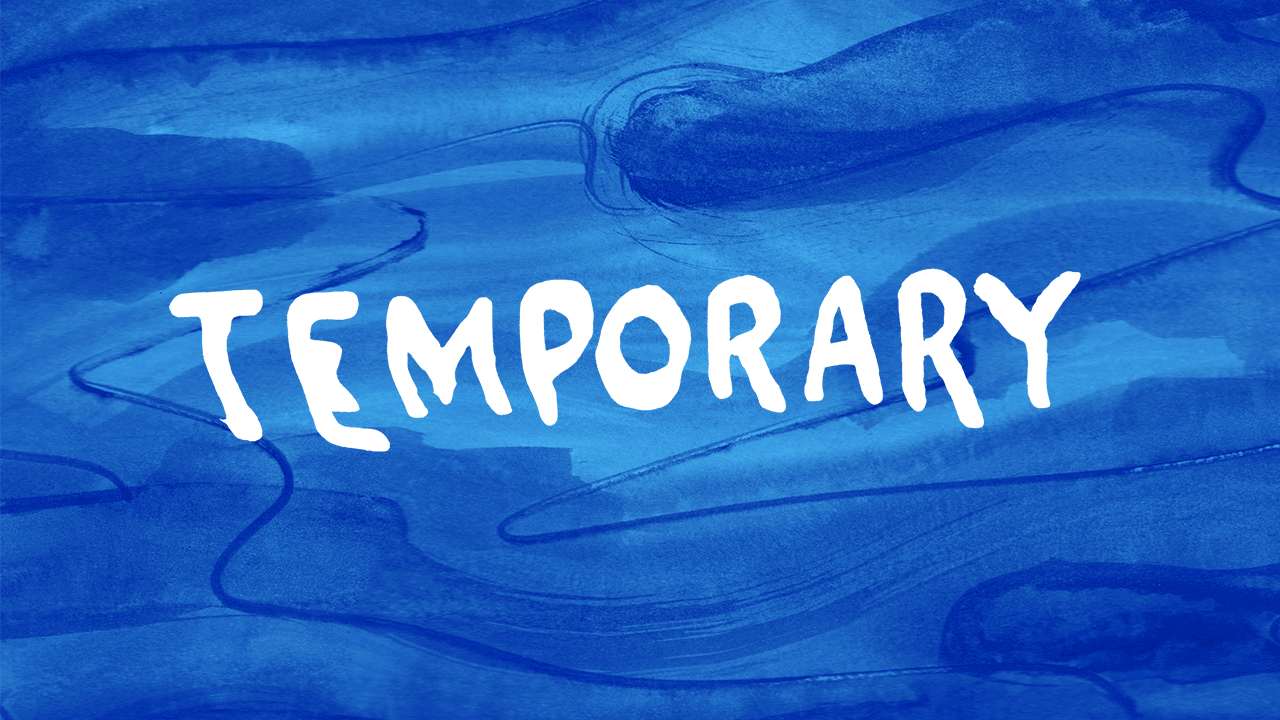Madeline Gleeson | Offshore and Out of Mind

Offshore processing should never have been introduced in Australia. It is long overdue to end, and Australia’s mistakes should not be repeated elsewhere.
There are few countries as cruel and punishing to people seeking asylum as Australia. Despite the fact that Australia is a signatory to all the major international human rights treaties, there is actually no legally binding framework here for the rights of any person - including refugees. UN expert bodies have repeatedly found that Australia’s refugee policies violate international law. Yet these cruel policies remain, and those who speak out risk being punished.
Surprisingly, it hasn’t always been this way. Decades ago, the Australian government welcomed those seeking asylum from China and Vietnam, because it was understood that people fleeing from harm should be offered a safe haven without punishment. But gradually Australia became more hostile to those in need of its protection. In 2001 to 2008, and again from 2012, Australia forcibly transferred people arriving by boat to offshore processing facilities in Nauru and Papua New Guinea. There, they were imprisoned and subjected to horrendous conditions, despite having committed no crime.
So how can Australian politicians continue to justify this treatment against some of the most vulnerable? In ten minutes, human rights lawyer Madeline Gleeson will unpack why offshore processing of refugees is both ineffective and inhumane.
ABOUT 10 MINUTE GENIUS
In this sprawling digital age where a universe of information is accessible within seconds, it's easy to be paralysed by the simple question of where to begin.
Introducing: Ten Minute Genius, a series of short talks designed to create a space in which you can engage with new ideas. We have curated a collection of material scientists, philosophers and maths lovers to help you make some sense of this chaotic information vortex. And because you’re busy, all we ask of you is just ten minutes.
Transcript
UNSW Centre for Ideas: Welcome to the UNSW Centre for Ideas podcast – a place to hear ideas from the world’s leading thinkers and UNSW Sydney’s brightest minds. The talk you are about to hear forms part of the 10 Minute Genius series, a curated collection of UNSW’s thinkers, dreamers and envelope pushers helping you make some sense of the relentless information vortex in which we live. In under 10 minutes, human rights lawyer Madeline Gleeson will unpack why offshore processing of refugees is both ineffective and inhumane.
Madeline Gleeson: There’s one country like no other when it comes to human rights and the treatment of refugees. This country has signed up to all the international conventions and on the surface, appears to be a liberal democracy like any other. But beneath that façade, it has no binding legal framework for human rights and has been a subject of multiple referrals to the International Criminal Court for crimes against humanity. UN expert bodies have repeatedly found that the country’s refugee policies have violated international law, yet these policies remain and some people who speak publicly about them face the risk of imprisonment. The country I’m talking about is Australia.
I’m Madeline Gleeson – a human rights lawyer researching Australia’s offshore processing of refugees. I’ll explain why offshore processing of refugees is both ineffective and inhumane in under 10 minutes. As a freshly qualified human rights lawyer, I started my career working abroad first in South East Asia and then, in Geneva. I had assumed that a career in international human rights law would keep me far from home closer to the conflicts and problems in other parts of the world, but the actions of the Australian Government would soon see me return home to challenge the implementation of Australia’s offshore processing policy for refugees, which we commenced in 2012. So, who are refugees?
A refugee is a person who has a well-founded fear of being persecuted for reasons of race, religion, nationality, membership of a particular social group, or political opinion. They are outside their country of origin and they’re unable, or due to that fear unwilling, to avail themselves of the protection of that country.
In the aftermath of the Holocaust in the Second World War, countries agreed to recognise the right of all people to seek asylum and to be protected against return to persecution. Australia helped draft the Refugee Convention, which sets out the definition of a refugee and the need to protect them from return to harm, as well as the requirement that the country is not to penalise people for fleeing places where their life and freedom are threatened. It's like allowing an ambulance to speed when you're fleeing for your life. You just get out by whatever means possible. You may not have a visa, but it is legal to seek asylum. This is international law – which 149 countries signed on to including Australia. This has helped people to reach safety after fleeing wars like those in Vietnam, Syria, Afghanistan, Ukraine – it has helped people escape serious human rights violations when they're persecuted because of some inherent feature of who they are. Imagine you and your family need to flee your home due to war or some other threat that has been made against you. You fear for your lives. The escape routes open to you are limited, there may only be one way out, and when you finally cross into that next country, you may find that it is not safe for you there either.
In a desperate bid to reach safety, you might risk it all and board a small, crowded, unseaworthy boat bound for Australia. You know that many do not survive that journey, but you have no other option. Between 2012 and 2014, people who took this journey to Australia were intercepted, and rather than being brought to Australia to have their refugee status verified, they were taken to other countries in the Pacific – either the small island nation of Nauru or the remote Manus Island in Papua New Guinea. This is known as offshore processing, a policy designed to punish asylum seekers who attempt to arrive in Australia by boat and discourage others from making the same journey. As a human rights lawyer, I had questions. Whether we had seen offshore processing before, back in 2001, this time around the level of secrecy was unprecedented. Flights left Australia and people disappeared into the ether who had been taken. How were they being treated? Were their protection claims being processed? Was there any independent oversight? Were international laws being followed? Essentially, was any of this lawful? Finding out even basic information was extremely difficult, due to the decision to send these people to such remote places out of sight, the fact that they were locked away in harsh and closed detention facilities without access to the outside world, and restrictions the Australian Government placed on information about offshore processing. Keeping people offshore was a way to keep them out of mind and out of reach for the rest of Australia.
Australia went to great lengths to keep secret what was happening in its offshore prison camps, but the truth always comes out in the end, slowly. Lawyers like me, advocates and international organisations chipped away at the walls of secrecy. The people inside the camps themselves found ingenious ways to get their stories out. And then after a deadly riot in 2014, when one man was murdered and many seriously injured, a parliamentary inquiry blew the lid off what was really happening on Manus Island, and after that there was no more hiding what was being done in our name.
Everything we have learned since then indicates that offshore processing is harmful, and it does not work to deter migration by sea within months of reintroducing offshore processing in August 2012. The offshore detention centres had already hit capacity, and the Government was forced to allow most people arriving by boat to remain in Australia. Successive governments sought to make the policy harsher, in the hope that that might work. But within about a year of reintroducing the policy, it was evident that this strategy was not an effective deterrent. Australia stopped transferring people to Manus Island and Nauru in 2014, and no new arrivals have been sent offshore since yet the policy drags on, because the Australian Government stubbornly refuses to provide the people who arrived back in 2013 and 2014 with a permanent settlement solution here. The vast majority of these people are back in Australia now having been medically evacuated and ’its spiralling health crises offshore in 2018 and 2019. Around 200 people remain offshore, nine years later, still waiting for the Australian Government to grant them a visa or find them somewhere else safe to live.
Does offshore processing stop the boats and discourage people from seeking asylum by sea? No. In the first 12 months, we saw more people arrive in Australia by boat seeking asylum than at any other time in history or since.
Does offshore processing save lives? No, it destroys them. 18 people have died. At least six people reportedly committed suicide and at least one was murdered in this system that was supposedly going to save lives.
Are people in offshore processing treated humanely? Those who survived offshore processing were exposed to significant harm described by some as a fate worse than death. People have been deeply traumatised, some have experienced irreversible harm as a result of their treatment offshore. The children sent offshore and locked up in these cruel camps may never recover from what was done to them. One Iraqi father who survived living in a war zone, said that he had never experienced anything like his detention on Manus Island. He said, “If we had died in the ocean, that would have been better”. Another said, “Although we are alive, we are dead inside”.
There were no exemptions for offshore processing for children or other vulnerable groups, babies and children were exposed to extreme levels of abuse and trauma in the offshore processing centres. No political objective justifies that level of harm to young people. This ineffective and inhumane policy is also expensive. A conservative estimate is that offshore processing costs Australia roughly one billion a year and this number hasn't decreased even as the vast majority of people subjected to that policy have been evacuated to Australia. All the evidence points to offshore processing not working for its intended purpose and having these extremely negative impacts.
But despite this, the UK and Denmark also wish to implement it. It's my job as a researcher and a human rights lawyer not just to ask these questions and gather evidence to answer them, but to do what I'm doing now to speak up and to ensure that Australia's bad policies are not picked up elsewhere. We do this by giving evidence to UK parliamentarians to encourage them to learn from Australia's mistakes. And speaking up now to you. Offshore processing should never have been introduced in Australia. It is long overdue to end and Australia's mistakes should not be repeated elsewhere. It is up to all of us to ask questions and speak up about these issues to ensure that people who are offshore are never out of mind. And those who have been brought back to Australia are permitted to remain here, safe and protected from the harms they fled.
UNSW Centre for Ideas: Thanks for listening. For more information visit centreforideas.com and don't forget to subscribe wherever you get your podcasts.

Madeline Gleeson
Madeline Gleeson is a lawyer and Senior Research Fellow at the Andrew & Renata Kaldor Centre for International Refugee Law at UNSW Sydney, where she directs the Offshore Processing and Regional Protection projects. Madeline specialises in international human rights and refugee law, with a focus on the law of State responsibility, extraterritorial human rights obligations, offshore processing on Nauru and Manus Island, and refugee protection in the Asia-Pacific region. Madeline also holds a Bachelor in International Studies and Bachelor of Laws with First Class Honours from the UNSW SYdney, and a Diploma of Political Studies from the Institut d’Etudes Politiques in Aix en Provence, France. Previously, Madeline worked with the UNHCR and the International Catholic Migration Commission in Geneva, with the Jesuit Refugee Service in Cambodia, and as a solicitor in Australia.



